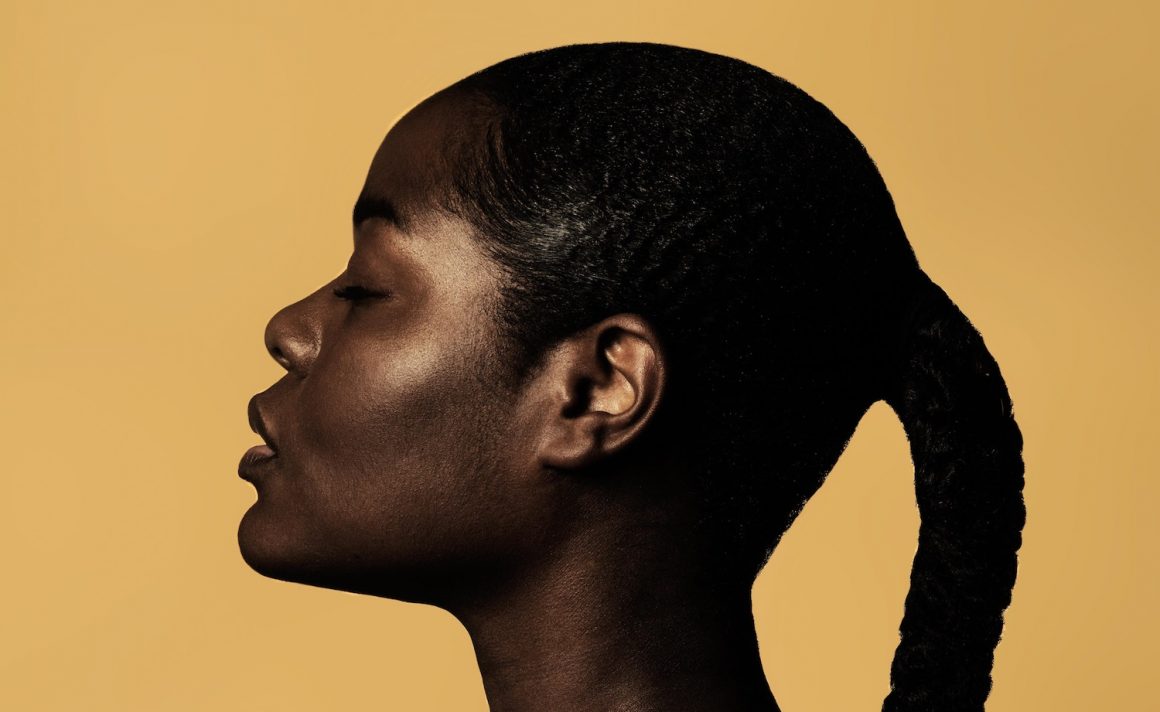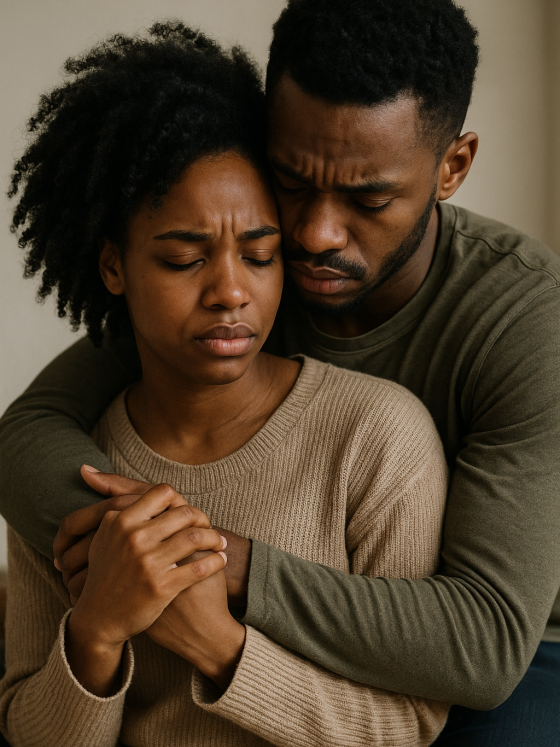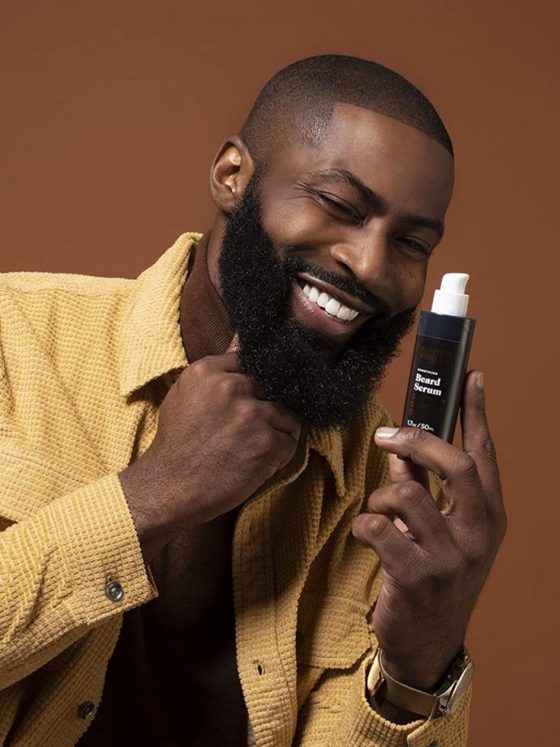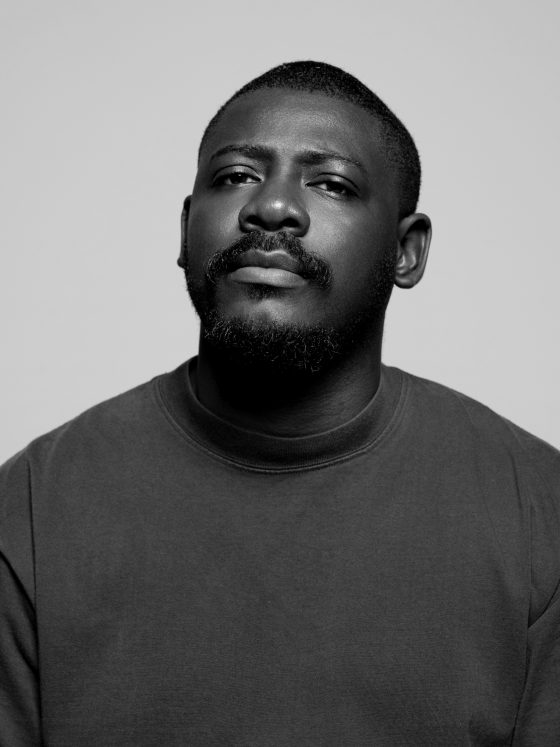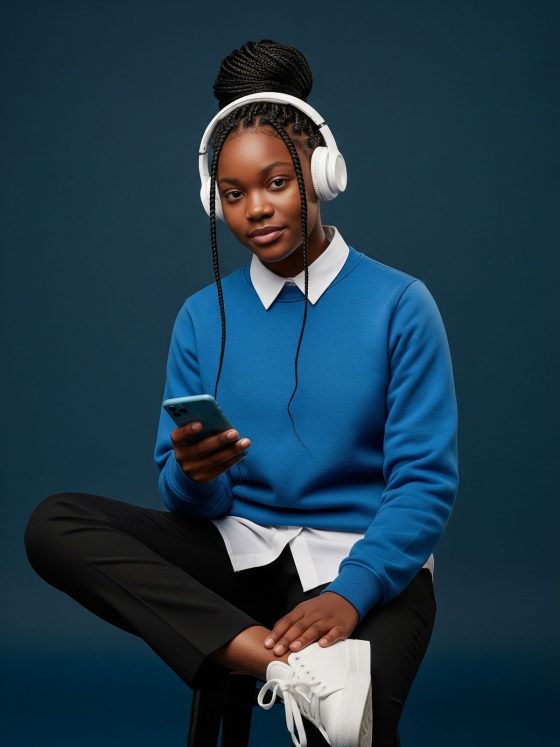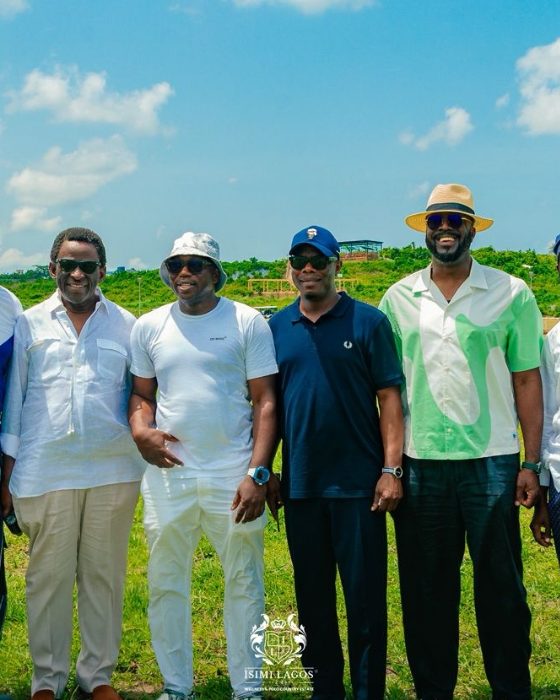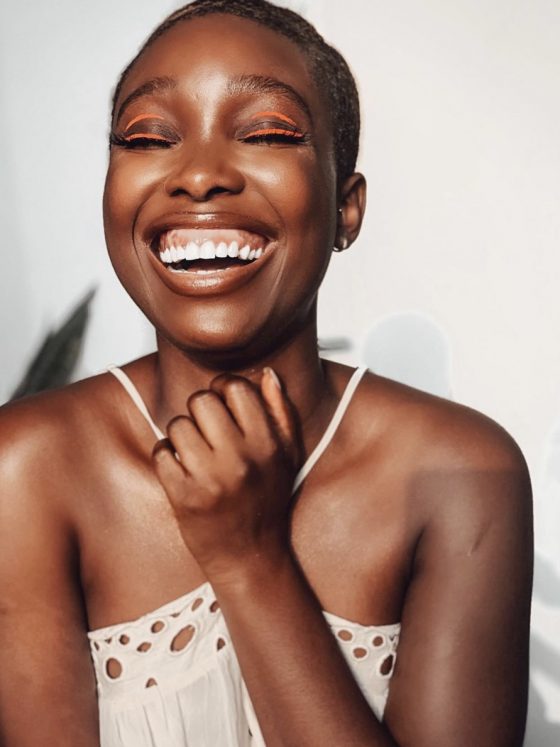On one hand, women are at the forefront of industries and cultural movements, making strides that were unimaginable just a decade ago. On the other, the old battles haven’t vanished—barriers to economic opportunities, political underrepresentation, and constant societal scrutiny remain daily realities.
There has never been a singular definition of womanhood, and in 2025, its meaning is as layered and complex as ever. It is power wrapped in softness, ambition tempered by expectation, freedom laced with invisible barriers. It is resilience and exhaustion, privilege and struggle, triumph and the quiet, unspoken battles that come with simply existing in a world that has never quite known what to do with women who refuse to fit neatly into a mould. Nowhere is this more apparent than in Nigeria, where being a woman is to walk a tightrope between tradition and modernity, between the weight of history and the urgency of progress.
The contradictions are striking. Women are leading multinational corporations, running for office, breaking records in sports and the arts, and reshaping the cultural landscape in ways that would have been unthinkable a generation ago. And yet, the same battles persist: access to economic opportunities, the right to bodily autonomy, fair representation in politics, and the simple demand to be respected in professional spaces. A Nigerian woman in 2025 knows she can dream of building a billion-dollar company, but she also knows that in many boardrooms, she will still be the only woman at the table. She knows there are conversations about gender equity, but that implementation often lags behind the rhetoric. And she knows that while women are now space travellers, some people still believe she is unfit to govern simply because of her gender.
Politics tells a familiar story. Nigerian women remain vastly underrepresented in government despite making up nearly half the population. Every election cycle, a few brave women step forward, daring to challenge a system that was not built for them. They are outnumbered, out-funded, and dismissed with a casual sexism so ingrained that it is barely noticed. The scrutiny they endure is relentless—criticised for being too strong, too soft, too ambitious, too emotional, too outspoken, too quiet. Meanwhile, male politicians operate without the burden of proving they belong.
In the age of hypervisibility, the scrutiny extends far beyond politics. Social media has given women a voice like never before, but it has also made them more vulnerable to attack. Nigerian women in the public eye—actresses, musicians, journalists, entrepreneurs—find themselves judged not only on their work but on their appearance, their relationships, their tone, and their choices. A man can fail, and it is unfortunate. A woman can fail, and it is used as evidence that women should not try in the first place. But they try anyway. They succeed anyway. The Nigerian music industry, once overwhelmingly male-dominated, now has women shaping global conversations. Nollywood’s female directors and producers are rejecting the tired narratives of women as tragic victims or perfect wives, instead telling stories that reflect the full, complicated spectrum of womanhood.
Yet, for all the progress, the weight remains. The weight of culture, of expectation, of unspoken rules. Marriage and children are still treated as a woman’s ultimate achievement, no matter how many empires she builds. A woman can be the breadwinner, but she must never let her husband feel emasculated. She can be powerful, but not too powerful. Independent, but not so independent that she forgets her “place.” The right to make decisions about one’s own body remains a battle, even in an era where reproductive health conversations have gone mainstream. A woman who speaks openly about contraception or reproductive rights is met with suspicion. A single woman who chooses motherhood on her own terms is whispered about. In a world where technology has made family planning easier than ever, stigma remains a formidable barrier.
Safety, too, is a battle that should have been won long ago but continues to be fought daily. To be a woman in 2025 is to still calculate risks before stepping out alone, to second-guess the intentions of strangers, to carry the quiet knowledge that no matter how many awareness campaigns exist, women are still the ones told to be careful, to adjust their behaviour, to shrink themselves for survival. Gender-based violence is still an unrelenting crisis, and justice remains elusive for many.
And yet, if there is one defining characteristic of womanhood in 2025, it is the refusal to shrink. Nigerian women are rewriting the script in real time, unlearning, reimagining, and creating space for themselves where none was given. They are building businesses that prioritise inclusion, leading organisations that challenge the status quo, and raising daughters who know their worth is not tied to societal validation. They are rejecting labels that no longer serve them and embracing identities that reflect their evolution. They are tired of explaining themselves, tired of proving their worth over and over again, tired of justifying ambition, success, confidence, and the right to live on their own terms. And so, they are simply doing—taking the space, making the decisions, building the world they want to exist in. Because no one else will do it for them.

